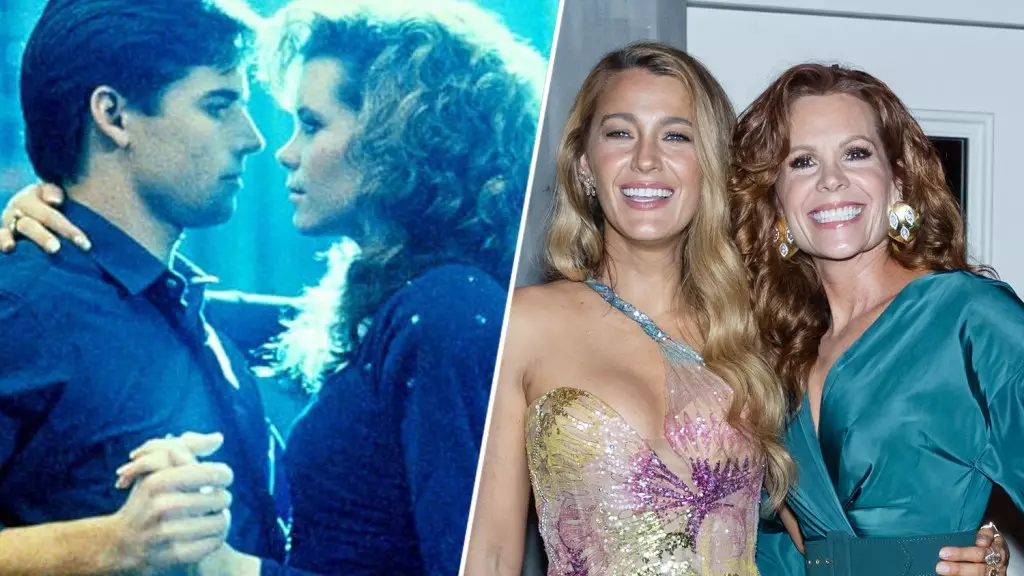In the realm of cult classics, few films have achieved the whimsical appeal of *Teen Witch*, a 1989 teen fantasy comedy that has garnered a loyal fanbase over the decades. Interestingly, one of its most passionate admirers is none other than actress Robyn Lively’s sister, Blake Lively. In a recent interview, Robyn reflected on the profound influence of this film, specifically on personal connections within her family. The essence of sibling admiration, captured in Blake’s enthusiastic support of Robyn’s role as Louise Miller, speaks volumes about how art can transcend conventional lines of fandom and enter the realm of personal significance.
Robyn Lively’s portrayal of a high school nerd who discovers her magical abilities offers a relatable narrative that resonates with many viewers. On the surface, *Teen Witch* may appear to be just another campy tale of adolescent trials, but its impact goes far deeper. Robyn noted this sentiment beautifully when she expressed her surprise at how the film provided comfort during challenging times for many of its fans. The charm of the film lies not merely in its comedic elements but in its capacity to inspire. As viewers journey alongside Louise, they are encouraged to embrace their uniqueness and channel their potential—a narrative that has become increasingly relevant in today’s society.
Despite its initial reception as a critical and commercial failure upon release, *Teen Witch* has seamlessly transitioned into a beloved cult classic. The juxtaposition of its initial flop against other prominent films of the time, such as *Field of Dreams* and *Pet Sematary*, further emphasizes its subsequently gained cultural significance. This phenomenon raises an essential question about the standards by which artistic work is measured. It begs a deeper exploration of how audiences can later reinterpret films, allowing them to take on new meanings as societal values shift. This transformation from obscurity to popularity showcases the enduring nature of creativity and the indirect influences it has on generational perspectives.
Robyn’s gratitude for the stories shared by fans highlights the film’s unintended legacy: creating a supportive community around shared experiences. Fans who resonate with Louise’s journey of self-discovery bolster the idea that *Teen Witch* serves as more than just entertainment; it becomes a lifeline for those navigating their own transformations. The variety of discussions Robyn has had with fans underlines an essential truth: art can lead to connectivity, allowing individuals to share their personal narratives, fostering an environment of communal support.
Reflecting on the film’s impact, it is clear that *Teen Witch* stands as a testament to the power of storytelling, especially when intertwined with familial bonds. Robyn Lively’s memories of her sister, Blake, exemplify the human element behind cinematic endeavors. With its journey from being overlooked to being cherished, *Teen Witch* has indeed earned its right in the annals of cult cinema, celebrating both the magic of the film and the enchanting relationships it inspires among its admirers.

